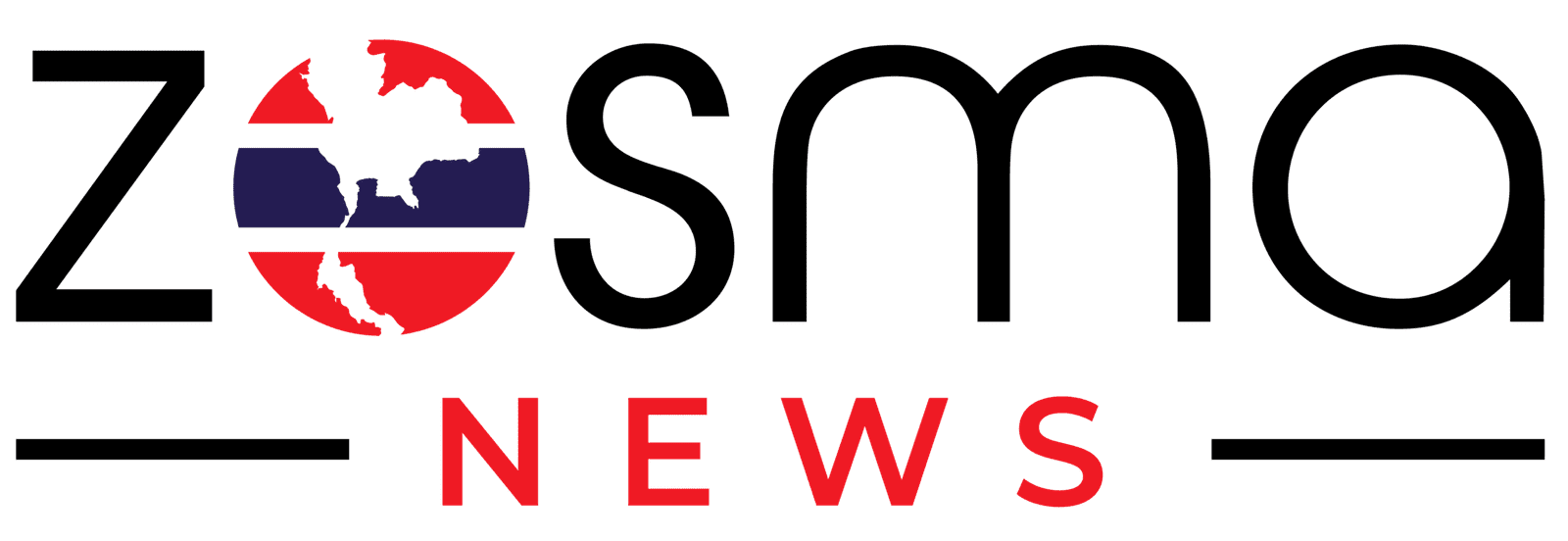Thailand is creating a 50-member trade task force in October to respond to new U.S. import regulations that threaten to overwhelm exporters with paperwork. The rules, which target transshipment — when goods made in China are routed through Thailand to bypass tariffs — mean companies will soon need millions of additional certificates of origin.
Currently, Thailand issues around 70,000 certificates for U.S.-bound exports each year. That figure could soar into the millions under the new system, according to trade officials. The United States is Thailand’s second-largest export market, accounting for nearly $55 billion in shipments last year, or about one-fifth of total exports.
Goods flagged as possible transshipments could face tariffs of up to 40 percent, even though the U.S. recently reduced its general tariff rate for Thai exports from 36 percent to 19 percent. For exporters, that creates a high-risk environment where paperwork errors or delays could prove costly.
The task force, overseen by the Department of Foreign Trade, will hire additional staff, upgrade technology, and develop faster digital processing systems to handle the surge in applications. Customs officers are also expanding inspections and audits, with surprise factory visits aimed at identifying companies that might be mislabeling imports from China.

Cargo containers at Laem Chabang Port — Thailand braces for stricter U.S. trade checks.
Officials have already placed 49 products on a high-risk watchlist. Items such as iron pipes, rubber tubes, and electronics are being closely monitored, as these are commonly used in transshipment schemes. Authorities say the list will grow as investigations continue.
For exporters, particularly small and medium-sized businesses, the changes pose significant challenges. Increased paperwork, longer processing times, and higher compliance costs threaten to squeeze companies that rely heavily on sales to the U.S. “This is going to be especially tough for SMEs who don’t have the systems or staff to manage the added workload,” one industry representative told local media.
The crackdown reflects growing geopolitical tensions, with Southeast Asia caught between its trade ties to China and stricter U.S. import scrutiny. While the new system may ultimately enhance Thailand’s reputation as a reliable trade partner, the immediate impact is expected to be disruptive.
With nearly one-fifth of Thailand’s exports on the line, the coming months will test whether the task force can deliver the efficiency and transparency exporters need to keep goods moving.






